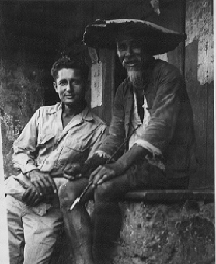

(5-97) The first time I met Joe was at a fancy party in an artist's residence. The room was filled with elegant paintings, sculptures, and antiques. The guests were elegantly dressed and chatting in gracious words and gestures. I was at best "comfortable" in a situation like this. I still couldn't mingle the way natives
did. Many times, certain individual would come to rescue me. Often, they were kind housewives. This time it was Joe. Joe was an old man with radiant white hair. He moved and spoke in a slow but dignified way that commanded attention. I smiled and listened politely. We exchanged a few social greetings. He then told me he was in China, Burma, and India during World War II. All of a sudden, I got excited, and began chattering like a child.


1944 spring, Japan launched its last massive attack in south China. My father, mother and sister were among the massive number of people who retreated from Gui Lin to Hu Nan to Chong Ching, the temporary capital of China during the War. It's called the Big South West retreat. Many died on the road. At the end of the same year, China, Britain, The United States, and India launched their attack against Japan in Burma. Chong Ching was isolated. All the supplies came from Burma over the Himalayan mountains through the "China-Burma Highway" and the so-called "Camel's Hump" flying route. Chong Ching was a unique city on the mountain with natural geographic protection. Japan adopted a strategy of using its air force for massive air attacks. More than eleven thousand bombs were dropped in Chong Ching during the war. At the beginning of the war, Japan had more than 2000 airplanes, whereas China had less than 300 old planes with severe defects. Can you imagine an air attack with 20 or 30 Japanese airplanes, and we could only send 1 or 2 aircraft for defense? At the end of 1940, we only had 65 airplanes left, whereas Japan still had more than 800. Flying Tiger, the volunteer American air force, joined us in l941 with 99 aircraft. In seven month, they destroyed almost 3 hundred Japanese aircraft. "Are you a Flying Tiger?" I asked.
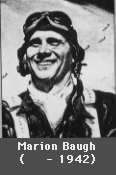
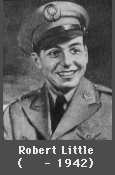
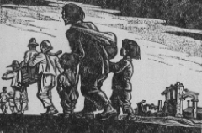
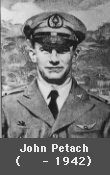
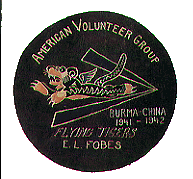
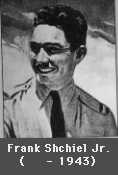
Joe chuckled. He said he was not a Flying Tiger, he was in the marines, mostly working in Burma at the time. "We were trying to build a pipe line for oil supply," he said. I was a little disappointed, but still enthusiastic. I wanted to talk about the war, but he obviously was more interested in the cultural experience he had at the time. He told me life was difficult. People had no access to matches, for instance. They were still using sticks and firing stone. The principle fuel was wood cut down from the mountains. A day of work from the father was not enough to buy rice to feed the family for a meal. Often, you would see both the man and the woman and the girl children carrying wood on their back, never boy children. Indians were the same. Boys never seemed to have to do any of the hard works. They carried a spear-like toy weapon on their shoulders. He told me Chinese seemed more independent and Indians seemed to be more concerned about saving face. One often heard the Indians say: "get away quickly." Whereas Chinese would just stand there roaring with laughter if something of an embarrassing nature happened.
It was one of those few parties I truly enjoyed. Joe was witty and attentive. I couldn't help but look at him as if he were my hero flying tiger. He was there on the border of China and Burma. My parents were in Chong Ching under the daily bombing threats of the Japanese. The China Burma connection was the only supply life line. I felt Joe somehow contributed to my existence of being here. I invited him for lunch. I wanted to know more about the war.
The lunch was a simple one with stir fried noodle. Joe brought me some black and white old pictures. He was a handsome young man during the war. We talked a little about the war. Strangely enough, the conversation began to drift into something more of a personal nature. I began to realize the war was only a small part of his life. I learned that he became a rather successful business man after the war. He owned a company, had a secretary, and traveled through Europe all the times. It was at the height of his career, his only son whom he never knew showed up. He had a girl friend once, he was never married. He didn't want to talk about her much. However, he wanted to talk about his son constantly. He told me how his son just showed up one day with only a suit case of old clothing and said: "Hi, I was told that you are my dad, and I need a place to stay." Joe said the first thing they did was to buy a dozen brand new shirts and socks. What followed was a series of miscommunication and communication between a father and a son who had never met for their first 15 years. It seemed the love and care from Joe was already too late for the boy. The boy floundered in school, and later in life. He became an alcoholic and a gambler. He literally drank himself to death. He died of cirrhosis at a young age. Joe's voice trembled, and his sharp eyes dimmed with grief. "There is nothing worse than to see your children go before you." he said.
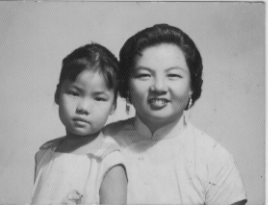
I didn't know what to say. My enthusiasm about the war and flying tigers all seemed irrelevant. Yet, we are strangely connected because of the war. I still romantically believe if there weren't people like Joe, there wouldn't be me sitting in my fancy dinning room. There was something quite ironic in all this. I couldn't
quite pin point what it was. I'd like to dramatize the bombs dropped in Chong Ching. How many lives lost, and how my parents escaped. How I could've been dead even before I was born. But life went on. An event as big as a war could be ground down to a little cause of us sitting in the dining room conversing. Life seemed indifferent of our joy and sorrow. It's all the more cruel. War seemed pale in front of life. Nothing could help Joe's grief in his old age, but I insist something he did unknowingly in his youth has helped other lives such as mine to prosper.